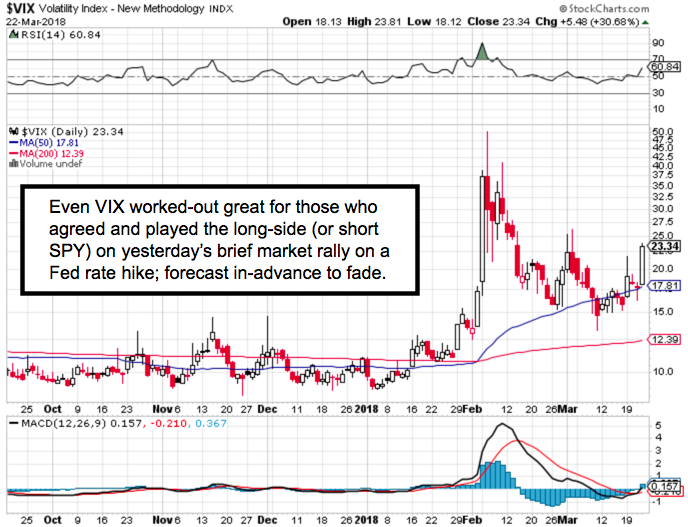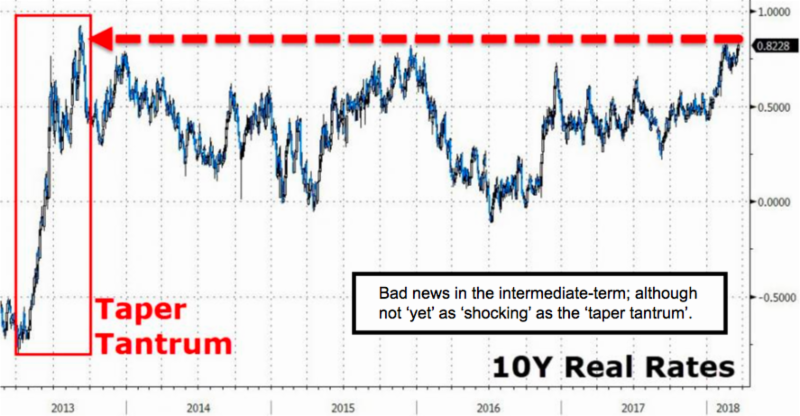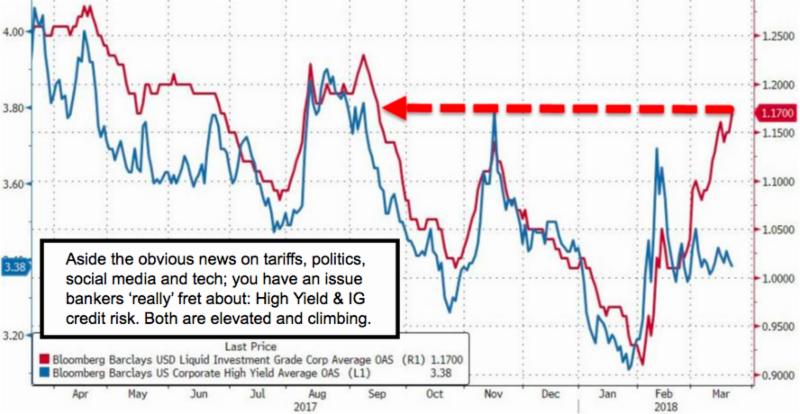Trump trading trauma tripped-up those who got bullish on the nominal rate hike of the prior session so that set-up a terrific trading gain, writes veteran trader Gene Inger on Thursday night.
It was based on our Wednesday idea that one could fade those upside S&P 500 (SPX) spikes, and a drop in CBOE Volatility Index (VIX) at the time too, with an eye on pre-tariff announcement dips that would then come-back a bit regardless of lower expectations later.
To simplify, that worked great for traders who engaged in shorting S&P or other surrogates, or going long the VIX on Wednesday, taking profits (just for scalping) on Thursday's weakness.
My view expressed early-on in Thursday’s first comment was that the Trump announcement was not likely to be as draconian in terms of immediate implementation; hence a bit of the pressure would come off.
Bloomberg: Stocks dip lower as rout worsens Friday, oil rallies.

That occurred, with the revelation of discussions with the EU (close to a deal for exemption we believe) and my presumption something similar is going on with other countries.
China did not react viciously initially. That’s because they know that they started the trade war decades ago.
While a few American presidents have toyed with Chinese tariffs, nothing was sufficiently punitive to be either enforced or have an impact on Beijing. Clearly they’re trying to head-off Trump before these changes get more severe.

These efforts are early shots in this effort to buttress America.
Other aspects not easily quantified in terms of corporate profits will really be a very important component of the overall process. That’s especially with regards to travel visas, and corporate internships or other relationships with our technology sector in-particular.
We know that thousands of Chinese students or engineers in the U.S. are doing more than learning skills. They have been monitored for some time to assess if they are sending information back to China (to wit: intellectual property or on-site knowledge spies). This becomes a challenging concern too. At the same time it’s truly sad if it impacts normal students trying to learn.
This is all troubling as we need to work with China.
But there needs to be a very-overdue reconciliation of the relationship both countries need. There are serious ongoing discussions which is why this isn’t really just about whether soybeans get hit, or the sectors announced early Friday.

Of course the companies that do serious Chinese business are nervous, Boeing (BA) at the helm of that.
Apple (AAPL) less so, because they already blinked to Chinese pressure with respect to allowing monitoring iCloud accounts in China, while China will do nothing about manufacturing given around 600,000 jobs involved in making just the iPhone in China. Additionally as they know Foxconn is about to build plants in the USA; they can envision more than (the initial plan) for that factory to make for flat-panel screens.
In-sum: the tariff efforts are going to bite or at least lead to areas we as well as trading partners can concur.
And like Trump or not, this really is a core area he campaigned on, and those who neglected it for decades in so many ways should be humbled and embarrassed by their inertia for a great number of years, to the detriment of American workers and firms. Most of the protests about this policy are from the status-quo crowd and they are mostly among those who represent perpetuation of that inertia.
The move away from inertia however, remains destabilizing to markets.











